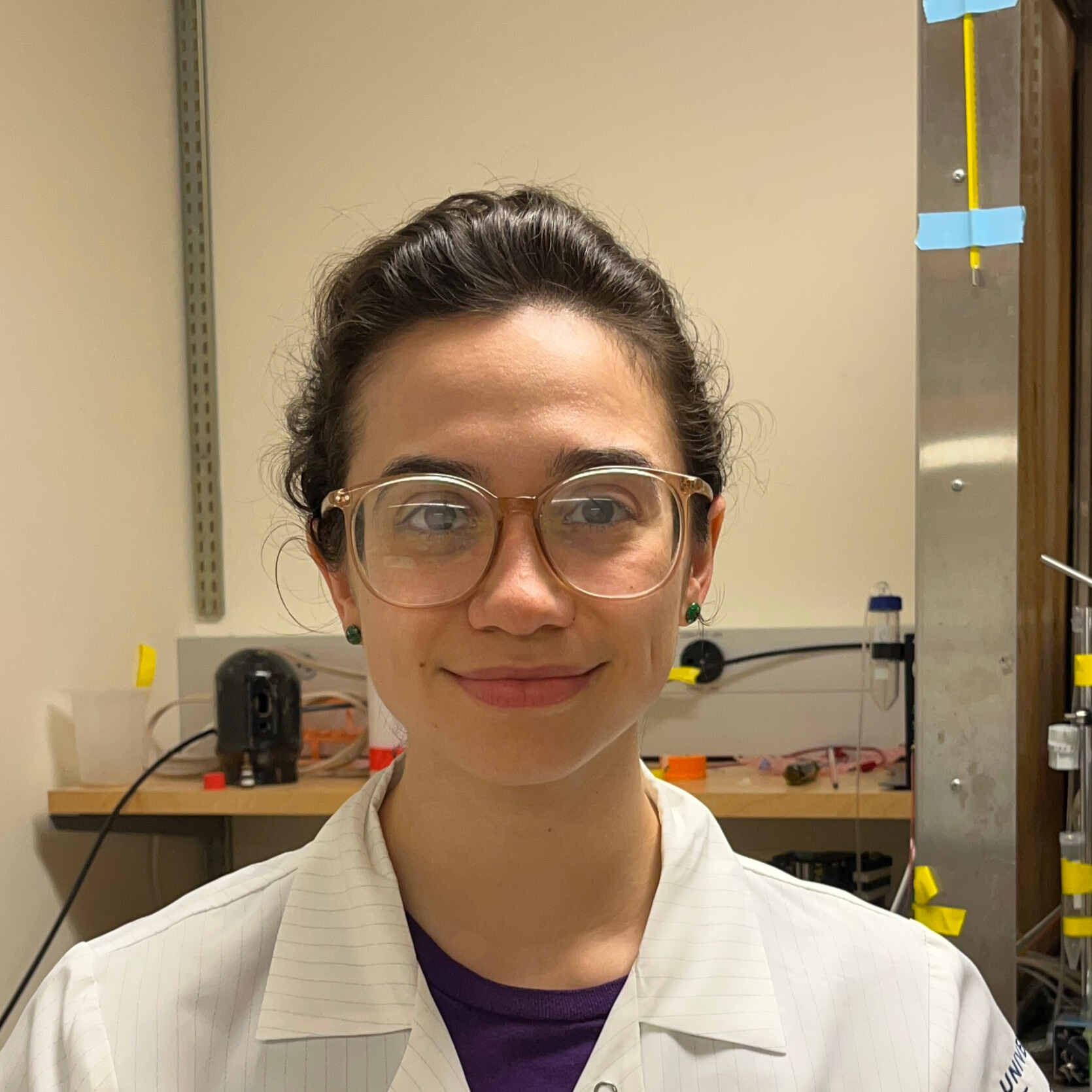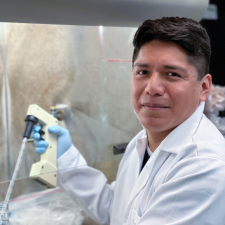“Bone-deep pain” is more than a metaphor. Bones and joints are constantly monitored by sensory neurons (nociceptors) that detect damage and trigger protective pain responses. However, in bone cancer and osteoarthritis, this pain can become chronic and debilitating—especially when the bone’s rich environment is colonized by migrating metastatic tumor cells originating in the prostate, breast, or lung. Dr. Martin’s [Connie and Bob Lurie Fellow] research aims to uncover how skeletal sensory neurons are activated and remodeled in these conditions. Using neurophysiology techniques, she is mapping how skeletal neurons respond to potential triggers and testing a new hypothesis: that these neurons not only detect tumors but also influence their growth. This work may uncover new strategies for treating chronic skeletal pain. Dr. Martin received her PhD from the University of Chicago, Chicago, and her BS from St. John’s University, New York.
Prostate and Testicular Cancers
Current Projects

Human cells compact their vast genomes into the small confines of the nucleus by wrapping their DNA into a highly complex structure called chromatin. Packaging DNA into chromatin, however, affects all nucleic acid-transacting machines (e.g., transcription factors) that need to access the genomic information stored in the DNA. NuRD is a large multi-subunit protein complex that plays a major role in making chromatin either accessible or inaccessible. Dysregulation of NuRD and aberrant targeting of the complex can result in the emergence of several types of cancers, including breast, liver, lung, blood, and prostate cancers. Dr. Osorio Valeriano’s [Philip O'Bryan Montgomery, Jr., MD, Fellow] work will reveal mechanistic aspects of NuRD-mediated chromatin regulation and pave the way for the development of novel therapeutic approaches that target cancers more effectively. Dr. Osorio Valeriano received his PhD from Philipps University and his MSc and BSc from the National Autonomous University of Mexico.







